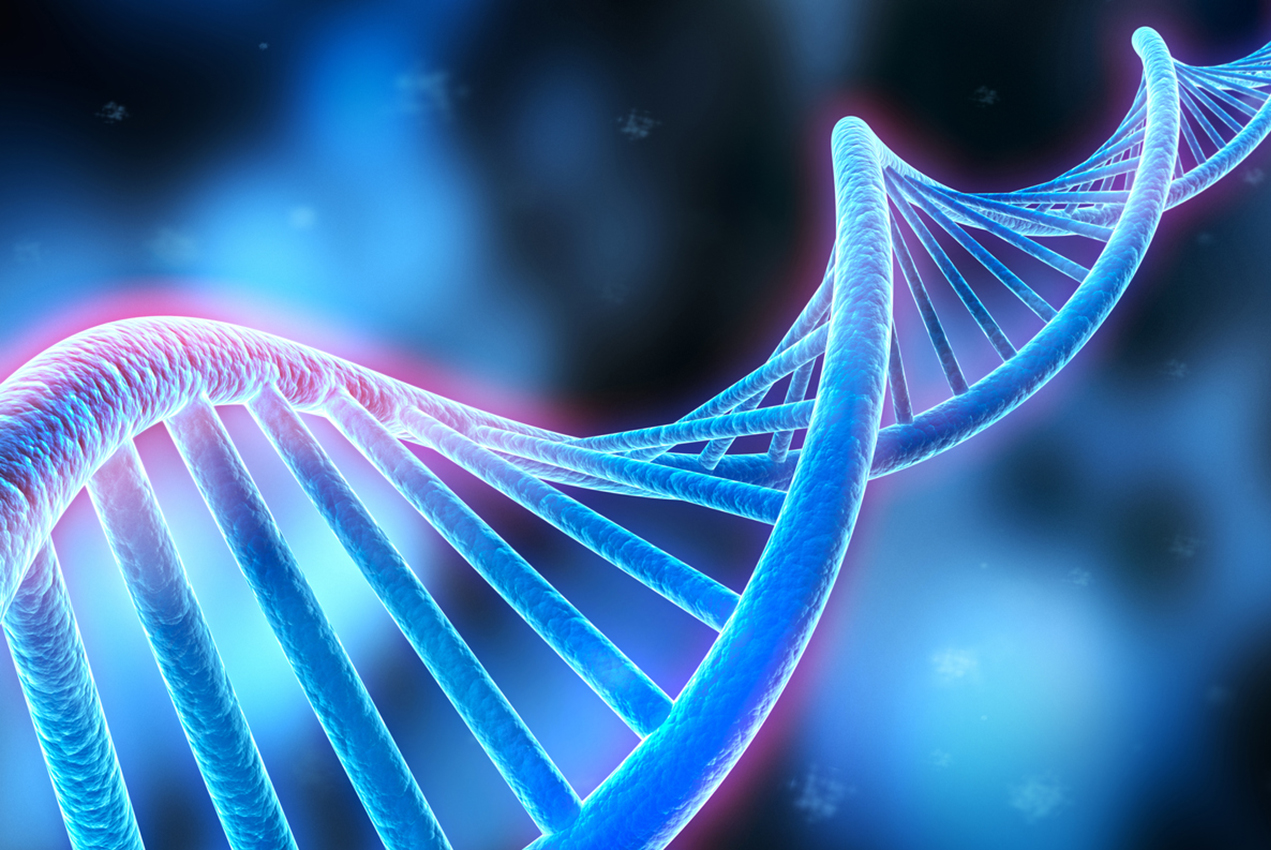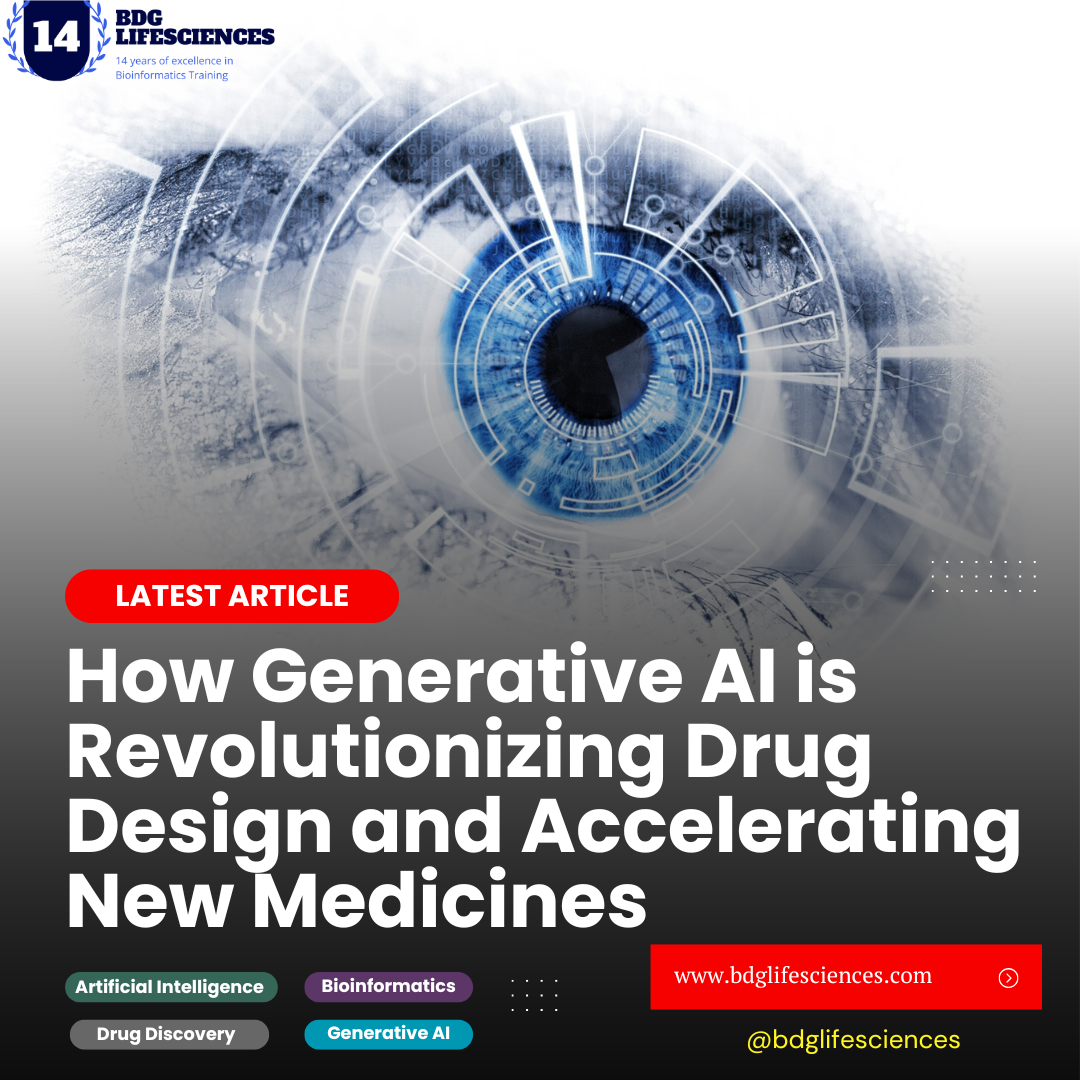
Blog

02 Dec , 2024
Generative AI: Revolutionizing Drug Design
The field of drug design has witnessed transformative advancements with the advent of Generative AI, a subset of artificial intelligence that uses sophisticated algorithms to create novel data patterns. In pharmaceutical research, generative AI holds immense potential for accelerating drug discovery, reducing costs, and enhancing the precision of therapeutic design.
Generative AI operates using machine learning models, such as generative adversarial networks (GANs) and variational autoencoders (VAEs), to produce new data similar to the data it was trained on. When applied to drug design, these models can generate novel chemical structures, predict their properties, and optimize lead compounds more efficiently than traditional methods.
Data Collection and Training:
The process begins with training AI models on extensive datasets of known molecular structures, biological activity data, and pharmacokinetics.
Molecular Generation:
Once trained, the AI model can propose novel molecular structures with specific desired properties, such as high efficacy or low toxicity.
Validation and Optimization:
The generated compounds are validated through simulations and experimental testing, and AI tools are used iteratively to refine the structures.
Designing Novel Molecules:
Generative AI can create drug candidates from scratch, proposing entirely new chemical entities with therapeutic potential.
Predicting Drug-Like Properties:
AI models evaluate pharmacokinetic and pharmacodynamic properties, such as solubility and bioavailability, early in the design process.
Repurposing Existing Drugs:
Generative models can identify new therapeutic uses for existing drugs, accelerating the pipeline for drug repurposing.
Reducing Costs and Time:
By automating complex tasks, such as molecular docking and activity prediction, AI reduces the time and resources required to develop new drugs.
Generative AI has already demonstrated significant impact:
Despite its potential, generative AI in drug design faces challenges, including:
As technology evolves, these challenges are expected to diminish. Integrating generative AI with techniques like quantum computing and advanced simulations may further enhance its efficacy in drug discovery.
Generative AI is reshaping the landscape of drug design, offering unprecedented capabilities to innovate and optimize pharmaceutical development. By embracing this technology, researchers and organizations can unlock new therapeutic possibilities, addressing unmet medical needs and transforming global healthcare.
Interested in learning more about AI applications in life sciences? Stay tuned to our blog for the latest updates and insights.
Since 2017 BDG Lifesciences is conducting 2 Certificate Training programs Artificial Intelligence in Drug Discovery & Design and Machine Learning in Drug Discovery, now we have combined these two programs and made one as 3 Day Technical Hands-on Certificate Online Training in Artificial Intelligence & Machine Learning in Drug Discovery, Check out from here and learn this amazing technology for a better future.
Regards
